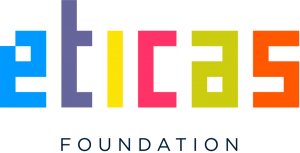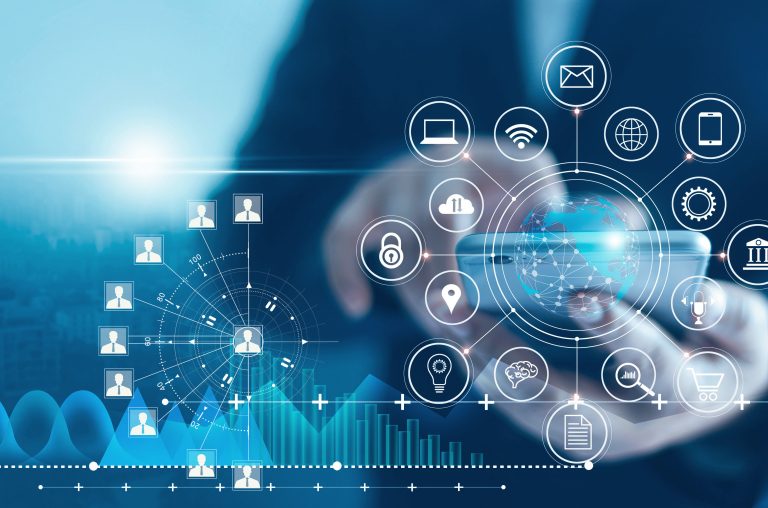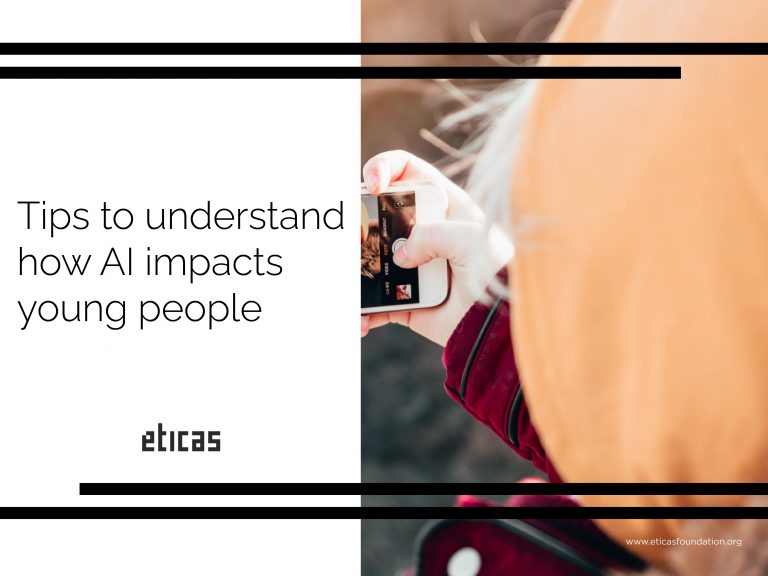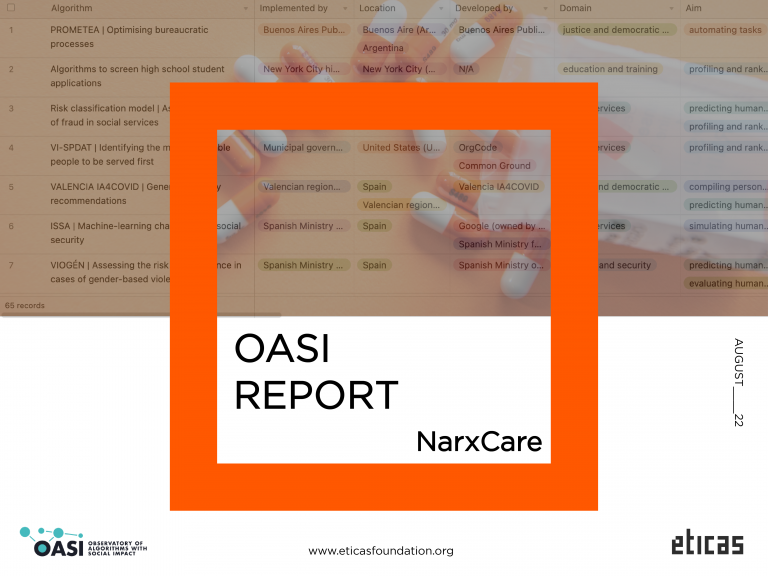
The Chinese government continues to develop its “social credit system” (SCS) aimed at monitoring and improving the behavior of citizens (Kuo 2019). The system operates as a set of mechanisms that provide rewards and punishments according to specific behaviors. It aggregates data from diverse silos of data, covering economic, social, and political conduct. Bad behaviors penalize individuals by decreasing their credit which in turn can blacklist them from activities like buying transport tickets for planes or trains (ibid). Bad behaviors could include anything from being caught using illegal substances to not repaying loans.
The National Public Credit Information Center has revealed that, by the end of 2018, Chinese courts had prohibited chinese citizens from buying flights tickets 17.5 million times. The system, currently under a piloting phase, also provides rewards in order to increase trustworthiness and integrity across society. By 2020, the government expects to have fully deployed the mandatory system nationwide (Ma 2018).
Besides violating the human rights to privacy or liberty, the system has been questioned for its accuracy. The SCS has led to many false positives. For instance the following:
Liu Hu is a journalist in China, writing about censorship and government corruption. Because of his work, Liu has been arrested and fined – and blacklisted. Liu found he was named on a List of Dishonest Persons Subject to Enforcement by the Supreme People’s Court as “not qualified” to buy a plane ticket, and banned from travelling some train lines, buying property, or taking out a loan.
“There was no file, no police warrant, no official advance notification. They just cut me off from the things I was once entitled to,” he told The Globe and Mail. “What’s really scary is there’s nothing you can do about it. You can report to no one. You are stuck in the middle of nowhere.” (Kuo, 2019).
Some citizens have repeatedly expressed concerns regarding the unfairness of scoring methods, for example, the difficulty of restoring credit and peer-to-peer judgment of scores. It has been reported that low social credit scores can cause harm to citizens despite the fact that “personal hardship, debt accumulation due to illness and other family reasons can result in a low social credit score”. Others have raised concerns that the scoring system may not apply to everyone equally because “people in powerful positions of responsibility might escape punishments”. (Kostka 2018)
In addition to preventing nine million people with “low scores” from purchasing domestic flights, the system has been used to ban people and their children from certain schools, renting hotels, using credit cards, and from being able to procure employment. The system has also been used to rate individuals on their internet habits like spending too long playing video games, wasting money on “frivolous” purchases, and posting too much on social media (Ma 2018).
